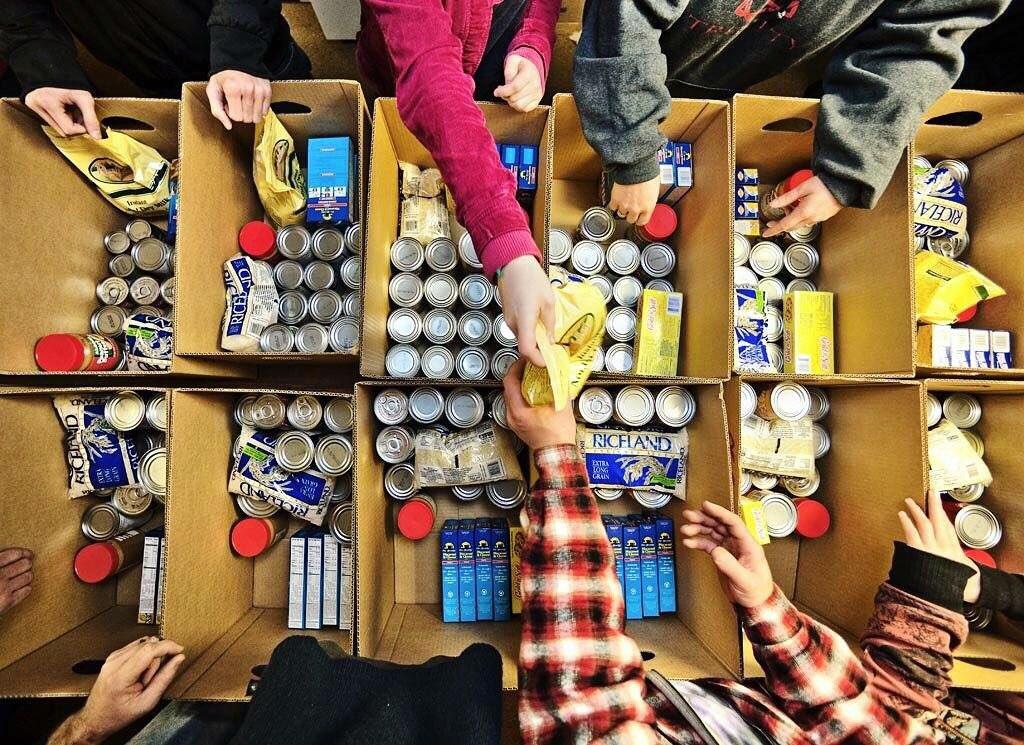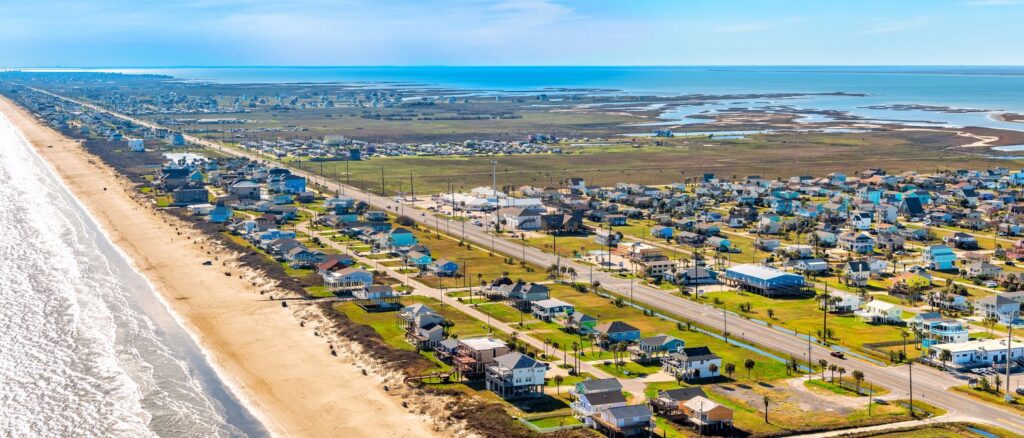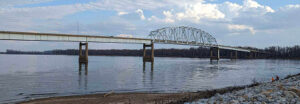Disaster Supplemental Funding (EDA)

EDA’s Disaster Supplemental Funding can repair infrastructure damaged by flooding, conduct vulnerability assessments to identify future flood risks, fortify infrastructure against current and future flood risks, access revolving loan funds, build local capacity through resilience coordinators, and engage the community to create a collective vision for economic resilience. Requires a Major Disaster Declaration Encourages public-private […]
Building Resilient Infrastructure and Communities Program (FEMA)

As the Trump Administration reviews federal grant priorities and timelines, we encourage those working on project proposals to reach out to federal and state program leads and monitor official federal channels for the latest guidance. AFC is tracking key flooding and resilience programs and will provide specific updates whenever possible. On April 4, 2025, FEMA […]


